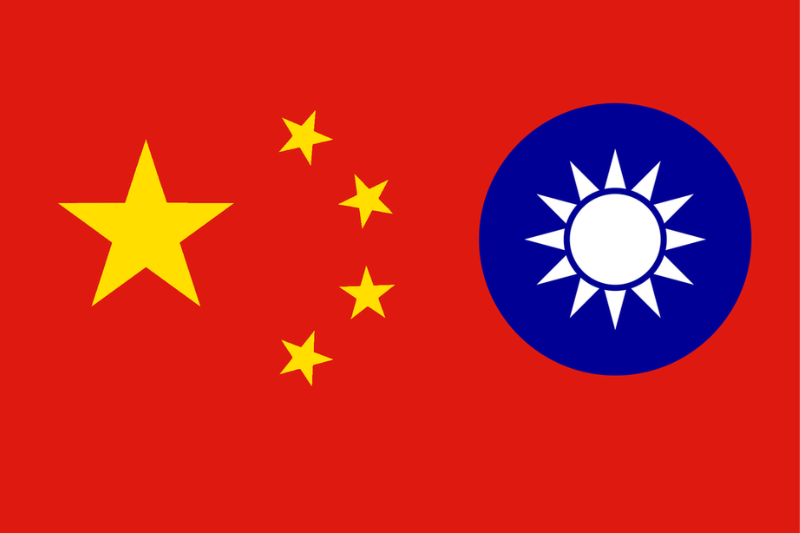
The Taiwan Question: Global Stability or Regional Conflict?
Chinese Lieutenant General Jing Jianfeng issued a grave warning at a recent press conference, declaring that ‘Taiwan Independence is tantamount to war. His remarks followed US Defence Secretary Lloyd Austin’s speech at the Shangri- La Dialogue in Singapore, accenting the redoubling tensions between China and the US over Taiwan.
Deputy chief of the Joint Staff Department of China’s central Military Commision, Jing made it clear that the Chinese People’s Liberation Army (PLA) would never allow Taiwan to be separated from China. He also justified China’s military strategies around Taiwan as necessary to suppress secessionist activities and deter external interference with upgraded military capacity and resolve.
Jing reiterated China’s historical and legal claims over Taiwan while addressing Austin’s comments on US- Asia-Pacific alliances, China-U.S. military relations, the Taiwan issue and the South China Sea. He mentioned international documents such as the Cairo Declaration, the Potsdam Proclamation, and the United Nations General Assembly Resolution 2758, which he said assert China’s sovereignty over Taiwan. Jing warned that the Taiwan question is the most sensitive and critical issue in China-US relations, underscoring the US’s previous commitments to sever diplomatic ties with Taiwan, revoke the mutual defense treaty, and withdraw military forces from the island.
Keep Reading
Jing accused the US of backtracking on these promises in recent years by arming and supporting Taiwan, thereby escalating tensions in the Taiwan Straits. He pointed out Taiwan’s new leader, Lai Ching-te, for supporting and advocating separatism and seeing independence through foreign support, pushing Taiwan towards a disaster and undermining regional stability.
Jing also warned that China will continue to enhance its combat readiness against “Taiwan independence” forces and will not tolerate any external involvement and interference. The PLA, he stated, is committed to taking strong actions to safeguard national sovereignty.
Jing also deplored the US “Indo-Pacific Strategy”, calling it as political art of persuasion, designed to maintain the US hegemony through the formation of exclusive alliances evocative of Cold War dynamics. He argued that this strategy aims to destabilize the region and confront it, serving only US geopolitical interests rather than promoting regional development and peace.
He suggested that in the end such alliances harm their members, highlighting historical examples where US partners faced severe consequences. Jing quoted former US Secretary of State Henry Kissinger, saying, “To be America’s enemy is dangerous but to be America’s friend is fatal”, to underscore the risks associated with close friendship or alignment with US policies.
Jing dismissed Austin’s support for the Philippines and criticism of China’s actions on the South China Sea issue. He stated that the South China Sea remains stable and is critical for international maritime trade, including US vessels, contradicting US claims of restricted navigation.
Jing prioritized that China and ASEAN countries should resolve their issues and differences through dialogue rather than external involvement. He highlights the importance of stable China- US military relations, which he said benefit both countries and the international community. Jing called for both militaries to uphold principles of non conflict and non confrontation and to work on increasing cooperation and communication.
In conclusion, Jing implored the US to honor its commitments, take suitable actions to maintain stability and work towards a mutually beneficial engagement that aligns with the interests of both the countries and the aspirations of the international community.




